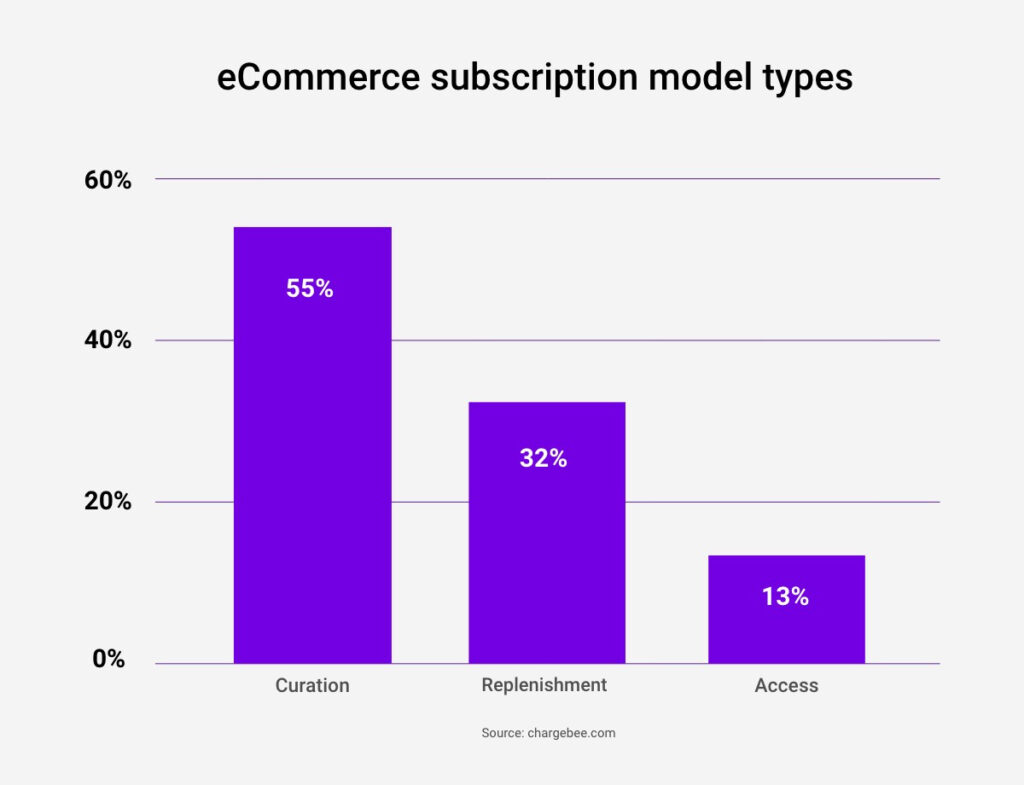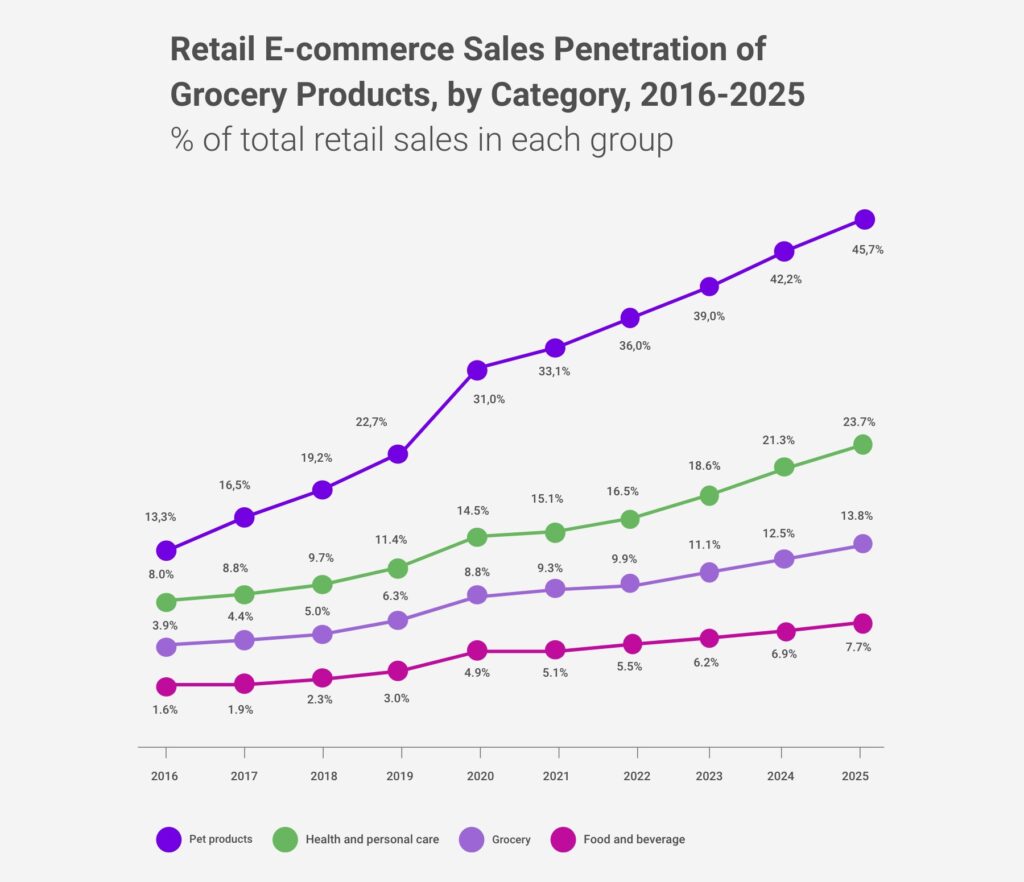In the ever-evolving world of e-commerce, one trend that has gained substantial traction over the last few years is subscription-based models. These models, which offer customers access to products or services for a recurring fee, are transforming how we shop online, providing a seamless, personalized, and convenient shopping experience.
Setting the Stage: The Subscription Economy
Let’s consider the success of the digital streaming service Netflix. From a DVD delivery service to a subscription-based digital model, Netflix gives subscribers unlimited access to a vast library of films and TV shows. It was a game-changer, offering consumers a convenient, cost-effective alternative to traditional cable TV and DVD rentals. Today, Netflix boasts over 200 million subscribers worldwide, and its success has inspired countless other businesses, from software providers like Adobe to fitness brands like Peloton, to adopt similar models.

The Love for Subscriptions
According to McKinsey, subscription-based e-commerce sales are growing 20% annually. In the past year, 15% of online shoppers have signed up for an e-commerce subscription program, according to Subscription Commerce Conversion. E-commerce subscription-based models are a modern business revolution, with the global subscription market expected to reach $1.5 trillion by 2025. So, why are subscription-based models gaining popularity in e-commerce?
The answer lies in three key benefits: predictability, personalization, and convenience.
- Predictability: Businesses can better forecast sales and cash flow with subscription models because they provide a regular, predictable revenue stream. For consumers, they offer the convenience of knowing exactly what they’ll be paying and receiving each month without any surprises.
- Personalization: Many subscription services, like the personalized fashion service Stitch Fix, use AI and machine learning to tailor offerings to individual preferences, delivering a more personalized shopping experience that traditional retail can’t match.
- Convenience: Subscription services often eliminate the need for repeat purchasing decisions, as products are automatically delivered regularly. This is particularly appealing in categories like groceries, where repeat purchases are common, as exemplified by Amazon’s ‘Subscribe & Save’ program.

A Successful American Story: Dollar Shave Club
To understand the potential of subscription models in e-commerce, let’s look at Dollar Shave Club. Founded in 2011, the company delivers high-quality razors directly to subscribers’ doors for a low monthly fee. By 2016, it had over 3 million subscribers and was acquired by Unilever for a staggering $1 billion.
Dollar Shave Club’s success lies in turning a mundane task — shopping for razors — into a hassle-free experience. Subscribers get the convenience of home delivery, the joy of opening a new package each month, and the satisfaction of never running out of essentials.
Studies by Recharge, the subscription based website show clients who are emotionally connected to a brand have a 306% higher lifetime value than consumers who are simply satisfied. A subscription box service is also popular with 54% of online shoppers, according to Subscription Box Insider.

Recent Trends and the Future of E-commerce Subscriptions
As technology evolves and customer expectations rise, we can expect subscription models to become even more prevalent and personalized in the e-commerce landscape. AI and big data will make it easier for businesses to understand their customers.
According to recent trends:
- Subscription-based businesses are becoming more diverse: In the early days of the subscription economy, most subscription services were focused on physical products, such as razors, beauty products, and pet food. However, today, there is a wide variety of subscription services available, including streaming services, digital products, and even services like meal kits and car sharing.
- Subscription-based businesses are investing in personalization: Subscription businesses are increasingly using data and analytics to personalize the customer experience. This can involve recommending products, offering exclusive discounts, and creating custom content.
- Subscription-based businesses are building communities: Subscription businesses are realizing the value of building communities around their brands. This can be done through social media, online forums, and in-person events. By building communities, subscription businesses can create a deeper connection with their customers and increase customer loyalty.

Source: insiderintelligence.com
The most popular categories for subscription commerce in the US are media and entertainment, followed by food and beverage, and beauty and personal care.
However, as with any business model, success isn’t guaranteed. Businesses considering a subscription model must focus on truly understanding their customers’ needs and delivering real value. After all, in today’s crowded e-commerce space, customer experience is king. Subscription-based businesses have a customer lifetime value (CLTV) 5 times higher than traditional businesses.
Conclusion
The rise of subscription-based models in e-commerce is more than just a trend — it’s a fundamental shift in how we think about buying and selling online. By providing predictability, personalization, and convenience, these models are not only reshaping the shopping experience but also driving the future of e-commerce. There will be even more exciting developments in this area as businesses continue to innovate and adapt. Stay tuned!






